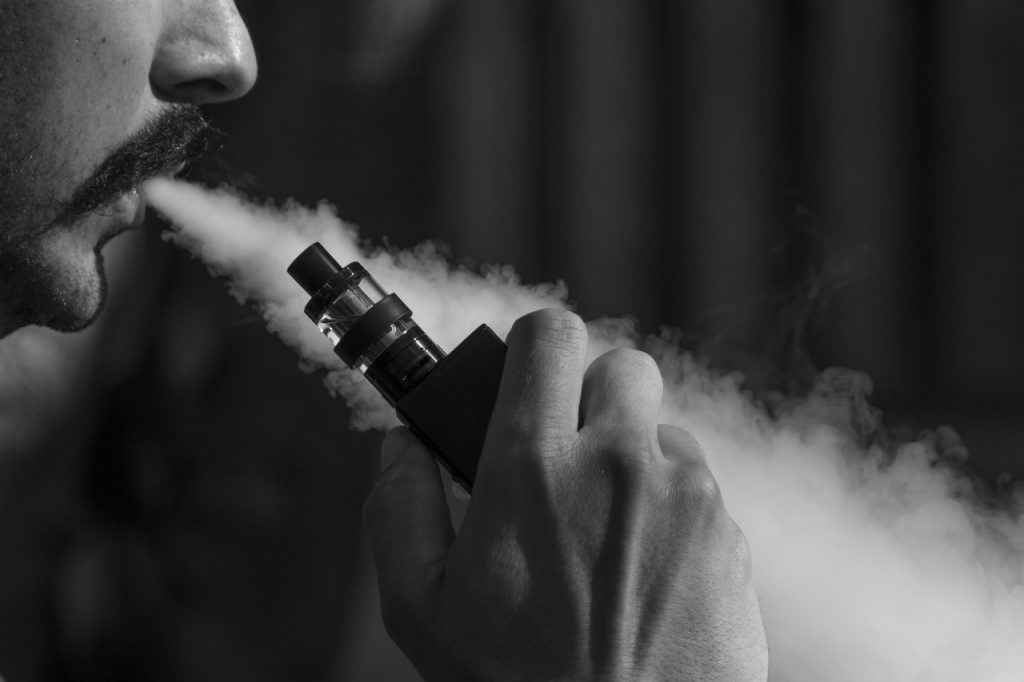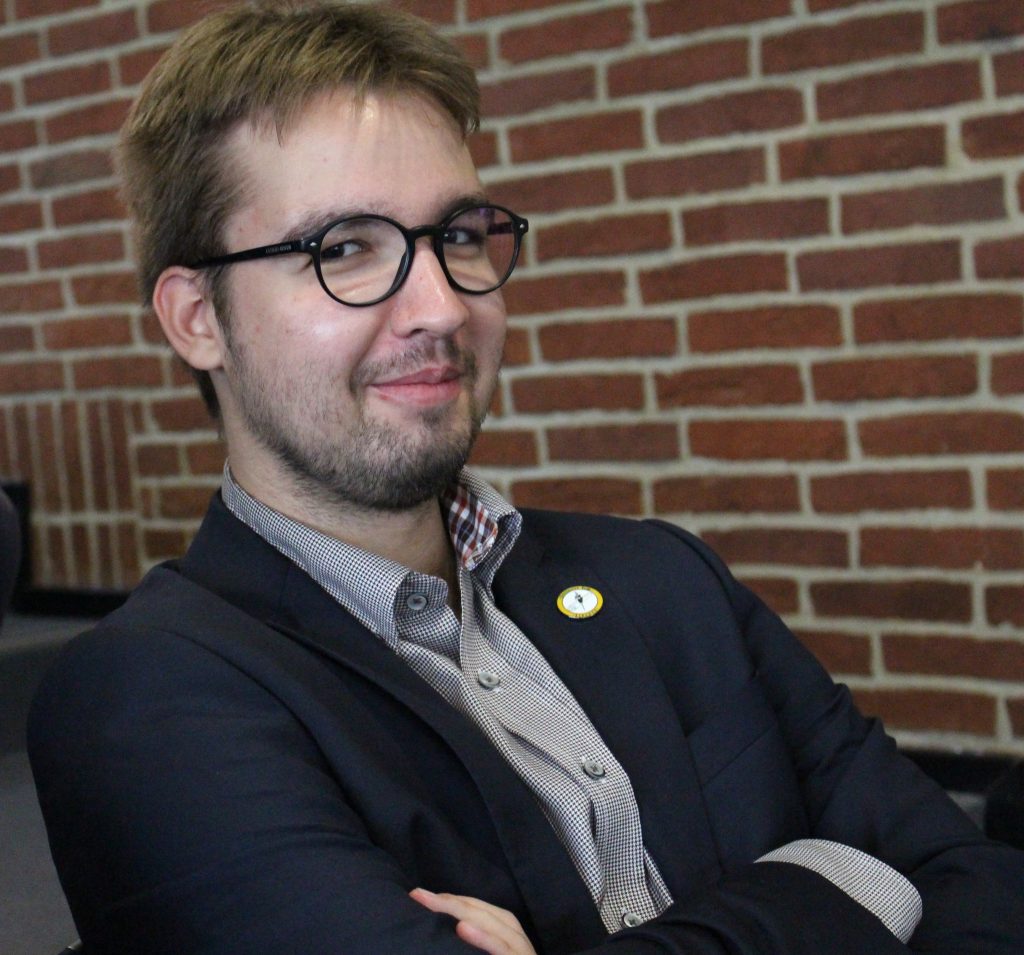The EU is preparing to amp up its never-ending fight against smokers. Any plan designed to force people to make healthier lifestyle choices is bound to end up in smoke.
Author: Máté Hajba
COP10, the World Health Organisation (WHO)’s tobacco control conference is creeping closer. The EU must choose a position on e-cigarettes and other alternative tobacco products to present to the world’s delegates at the conference. Brussels is expected to demand tougher regulations which will, if implemented, further degrade the choice of European citizens and will have dire consequences for decades to come.
For years, nanny-state activists and politicians in EU countries have been preaching about the dangers of smoking. They’re right about the harms of cigarettes; more than 8 million die due to smoking annually. Yet all too often, attacks on smoking become mixed up with other nicotine products, such as e-cigarettes, vaping and heated tobacco products, which require a completely different approach and should not be lazily lumped into the same category as traditional cigarettes. The risks of this position can have effects far beyond healthcare policy.
Simply put, bans and regulations aimed at discouraging people from using certain products do not usually work, let alone in a case where some users are addicts. It is the nature of addiction that the problem cannot disappear overnight. Understandably, in countries where the taxpayer takes the hit when people’s health declines, the state wants people to be healthier, so we can understand the motivation behind cracking down on nicotine, but politicians’ favoured methods simply don’t work, even if the echo chamber at the WHO declares that they do.

Unlike other addictive products such as alcohol and drugs, the presence of alternative nicotine products offers a way out of a more harmful addiction; cigarettes. In countries such as in the UK, where vaping is openly promoted as a healthiersmoking cessation tool, the number of smokers is declining as people switch to the less harmful alternative. On the other hand, in Hungary (where I’m writing from) which is among the most restrictive EU countries on nanny state policies, the number of smokers is declining much more slowly.
Restricting access to all nicotine products, rather than drawing a science-based distinction between smoking and vaping, will undermine the desired effect. Increasing taxes on tobacco and vaping have some deterrent effects, and the argument can be made that the excess revenues can be used to foot the public healthcare bills.
However, any tax increase on tobacco products will disproportionately affect the poor. Smokers and vapers are more likely to live in lower-income households. That means they spend more on nicotine products as a proportion of their income than wealthier smokers and vapers do. Artificially increasing the cost of the products through taxation, therefore, will hit the poor hardest.

If more restrictions on sales were implemented, as the EU seems set to call for at COP10, the black market would expand, giving people easier or cheaper access to tobacco and vaping products. Illicit sales are uncontrolled and pose additional health risks. Plus, the state loses out on tobacco tax revenue.
There is yet another problem with the EU’s plan to address vaping with a long list of new taxes and regulations. Just as member states should restrict consumer choice as little as possible, the EU must not strip member states of the ability to compete among themselves on a domestic policy level. National sovereignty in policymaking matters, even in the EU.
Such competition can shine a light on the best policy, but a blanket restriction on the EU level further compromises European citizens’ ability to determine their own future. Seemingly, the European Commission will side with the WHO consensus in calling for more restrictions, claiming to speak on behalf of the European continent despite seeking no mandate to do so.
This undemocratic move by Brussels to advocate for an expanded global nanny state stands to strip individuals of their liberties to choose what they consume, have little to no effect on public health, and hurt the poor and increase the black market in the process. The EU should practise what it preaches and trust its people to make responsible decisions.
Cover photo credit: Pixabay

Máté Hajba is healthcare expert and the Director of the Free Market Foundation which advocates economic freedom, civil rights and tolerance. He writes for international press on issues such as intolerance in Hungary and international relations. To promote the concept of individualism, liberty, tolerance and free market.



